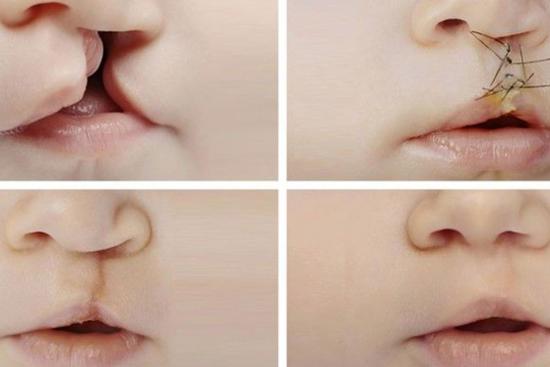Every journey with a cleft is unique. For many, it's a story of small adaptations; learning a certain smile for photos, getting used to a particular breathing pattern, or finding angles that feel most “like you.” For others, it's a visible nasal asymmetry that doesn't reflect their inner identity. A cleft lip nasal deformity is more than a structural difference; it's a narrative shaped by past surgeries, personal resilience, and the hope for a face that finally feels like home.
Today, modern reconstructive surgery in Turkey offers a transformative new chapter. Specialized surgeons master a dual objective: rebuilding nasal structure and function using advanced craniofacial techniques, while artistically restoring symmetry and contour for a natural, cohesive appearance. This isn't just a procedure; it's a thoughtful reconciliation of form, function, and identity.
Cleft lip surgery cost in Istanbul, Turkey
The cost of cleft lip nasal deformity surgery in Turkey is generally more accessible than in Western Europe or North America, without compromising quality, safety, or expertise. Several factors can influence the final price:
- Complexity of the deformity.
- Type of grafting needed.
- Clinic and surgeon selection.
- Length of stay and support services.
At Turquie Santé, we focus on transparency and personalization. Every patient receives a detailed, no-obligation quote based on their unique needs, ensuring clarity and confidence before the journey begins.
Request your personalized cost estimate with Turquie Santé, free and tailored to your specific case.







